Freelancers and consultants are integral to the modern workforce, offering specialized services across various industries. The Goods and Services Tax (GST) has significantly impacted freelancers and consultants in countries like India. While GST registration offers several benefits, it also comes with specific responsibilities that professionals must understand. If you also want Online GST Registration in India, contact Eazy Startups.
Let’s understand the impact:-
1. Legal Compliance and Avoiding Penalties
2. Eligibility to Claim Input Tax Credit
3. Professional Credibility and Trust
4. Smooth Cross-Border Exchanges
5. Simplified Tax Filing Process
6. Better Business Growth Opportunities
7. Additional Costs and Administrative Burden
Legal Compliance and Avoiding Penalties:
Ensuring legal compliance is one of the main reasons consultants and independent contractors should register for GST. According to the GST Act, you must register for GST if your yearly sales surpass the threshold amount of Rs. 20 lakhs for service providers. Penalties, fines, or legal issues may result from failing to comply. By ensuring that consultants and freelancers comply with the law, GST registration helps them avoid needless legal issues and fines that could harm their brand and company.
Eligibility to Claim Input Tax Credit:
If they register for GST, freelancers and consultants can claim the Input Tax Credit (ITC) on the GST paid for business-related costs. This implies that they can claim a credit against the GST charged to clients for any GST paid on inputs like software, office supplies, or services utilized in their professional activity. ITC lowers operating costs overall, which helps consultants and independent contractors control spending and stay profitable. They cannot take advantage of this benefit if they are not registered for GST.
Professional Credibility and Trust:
Professional credibility and confidence are increased for consultants and freelancers who are registered for GST. Working with registered professionals is frequently preferred by clients, particularly larger firms or international corporations since it provides them with the assurance that the consultant or freelancer complies with tax regulations. A freelancer or consultant’s firm gains legitimacy when they are GST-registered, and they may have an advantage when applying for government or high-profile projects that call for GST-compliant suppliers.
Smooth Cross-Border Exchanges:
Regarding cross-border transactions, freelancers and consultants who operate with clients from other countries can gain from GST registration. International clients are excluded from paying GST on services provided since exports of services are tax-exempt under the GST law. This enables consultants and independent contractors to provide their services anywhere in the world without being concerned about taxes on exports.
Simplified Tax Filing Process:
GST registration streamlines the tax filing procedure for consultants and independent contractors. Freelancers can submit a single consolidated GST return for their services rather than handling several tax returns (such as service tax, VAT, and others). As a result, dealing with various tax systems becomes less complicated and administratively taxing. The tax authorities’ online interface streamlines and reduces the time required to file GST returns, allowing consultants and independent contractors to concentrate more on their jobs rather than laborious paperwork.
Better Business Growth Opportunities:
Consultants and freelancers registering for GST are regarded as more trustworthy and professional. Because GST guarantees greater transparency in financial transactions, many big firms, government organizations, or businesses prefer to work with experts who are registered with the GST. When working with high-value clients or on projects that call for GST-compliant vendors, this can lead to new business opportunities. Freelancers and consultants can set themselves up for success and increase their customers by continuing to be GST-compliant.
Additional Costs and Administrative Burden:
Although GST registration offers many advantages, it also involves extra expenses and administrative duties. Consultants and freelancers must keep thorough records of their business expenses, tax payments, and invoices. Additionally, companies must file regular GST returns (either monthly or quarterly, depending on turnover); if they are unfamiliar with tax filing procedures, this may require them to hire an accountant or other tax specialist.
Conclusion
For consultants and independent contractors, GST registration offers several benefits. If you also want Online GST Registration in India, contact Eazy Startups. Our expert team will help you register for it.


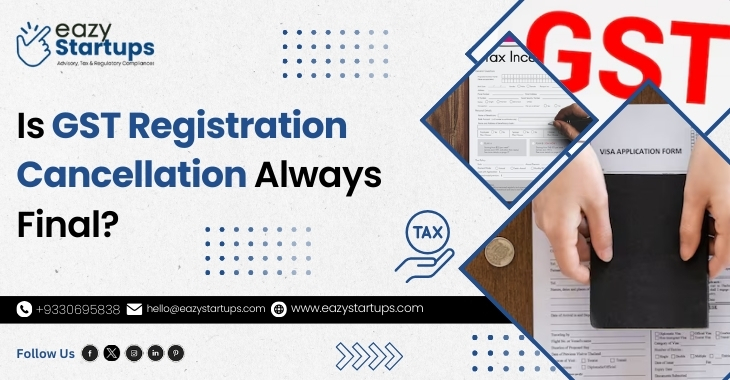
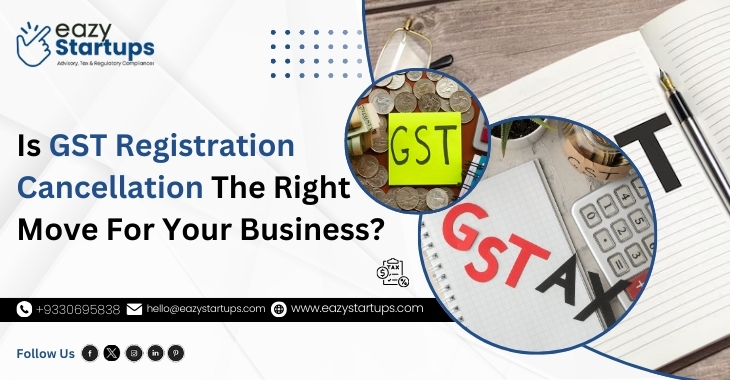

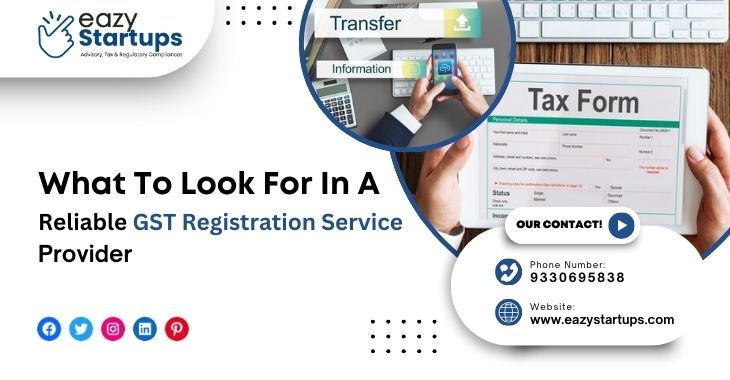
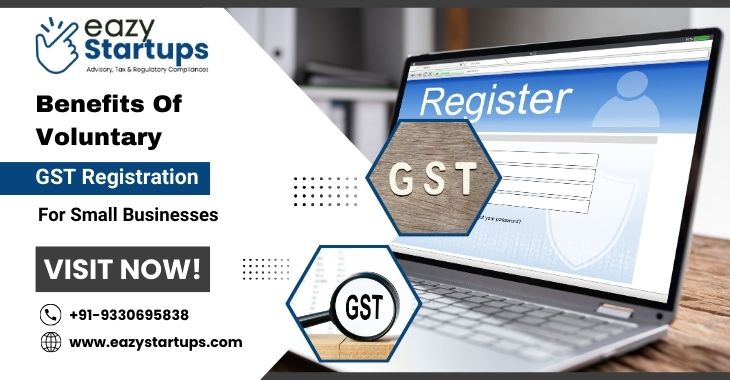
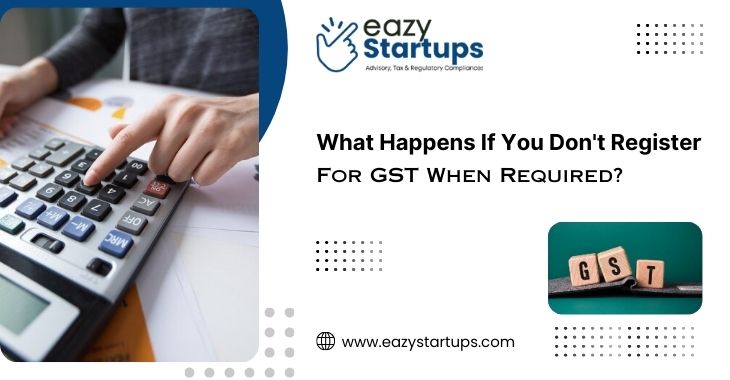



Recent Comments